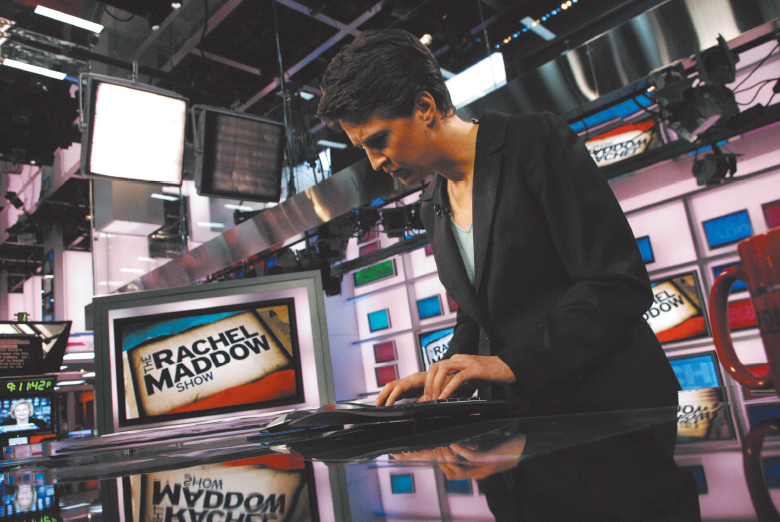Media Powerhouses: Consolidation, Partnerships, and Mergers
“In antitrust, as in many other areas involving economic regulation, there is a general perception today that businesses have slipped the traces of public control and that unregulated market forces will not ensure a just, or even efficient, economy.”
HARRY FIRST, DIRECTOR, TRADE REGULATION PROGRAM, NYU, 2008
The antitrust laws of the twentieth century, despite their strength, have been unevenly applied, especially in terms of the media. When International Telephone & Telegraph (ITT) tried to acquire ABC in the 1960s, loud protests and government investigations sank the deal. But in the mid-1980s, as the Justice Department broke up AT&T’s century-old monopoly—creating telephone competition—the government at the same time was also authorizing a number of mass media mergers that consolidated power in the hands of a few large companies. For example, when General Electric purchased RCA/NBC in the 1980s, the FTC, the FCC, and the Justice Department found few problems. Then, in 1996, computer giant Microsoft partnered with NBC to create a CNN alternative, MSNBC: a twenty-four-hour news channel available on both cable and the Internet.
In 1995, Disney acquired ABC for $19 billion. To ensure its rank as the world’s largest media conglomerate, Time Warner countered and bought Turner Broadcasting in 1995 for $7.5 billion. In 2001, AOL acquired Time Warner for $106 billion—the largest media merger in history at the time. For a time the company was called AOL Time Warner. However, when the online giant saw its subscription service decline in the face of new high-speed broadband services from cable firms, the company went back to the Time Warner name and spun off AOL in 2009. Time Warner’s failed venture in the volatile world of the Internet proved disastrous. The companies together were valued at $350 billion in 2000 but only at $50 billion in 2010. After suffering losses of over $700 million in 2010, AOL in 2011 bought the Huffington Post, a popular news and analysis Web site, for $315 million in an attempt to reverse its decline.

Also in 2001, the federal government approved a $72 billion deal uniting AT&T’s cable division with Comcast, creating a cable company twice the size of its nearest competitor. (AT&T quickly left the merger, selling its cable holdings to Comcast for $47 billion late in 2001.) In 2009, Comcast struck a deal with GE to purchase a majority stake in NBC Universal, stirring up antitrust complaints from some consumer groups. In 2010, Congress began hearings on whether uniting a major cable company and a major broadcasting network under a single owner would decrease healthy competition between cable and broadcast TV and would hurt consumers. In 2011, the FCC approved the deal. In 2012, Comcast, as NBC’s new owner, bought out Microsoft’s share of MSNBC.
Until the 1980s, antitrust rules attempted to ensure diversity of ownership among competing businesses. Sometimes this happened, as in the breakup of AT&T, and sometimes it did not, as in the cases of local newspaper and cable monopolies and the mergers listed above. What has occurred consistently, though, is that media competition has been usurped by media consolidation. Today, the same anticompetitive mind-set exists that once allowed a few utility and railroad companies to control their industries in the days before antitrust laws.
Most media companies have skirted monopoly charges by purchasing diverse types of mass media rather than trying to control just one medium. For example, Disney, rather than trying to dominate one area, provides programming to TV, cable, and movie theaters. In 1995, then–Disney CEO Michael Eisner defended the company’s practices, arguing that as long as large companies remain dedicated to quality—and as long as Disney did not try to buy the phone lines and TV cables running into homes—such mergers benefit America.
But Eisner’s position raises questions: How is the quality of cultural products determined? If companies cannot make money on quality products, what happens? If ABC News cannot make a substantial profit, should Disney’s managers cut back their national or international news staff? What are the potential effects of such layoffs on the public mission of news media and consequently on our political system? How should the government and citizens respond?